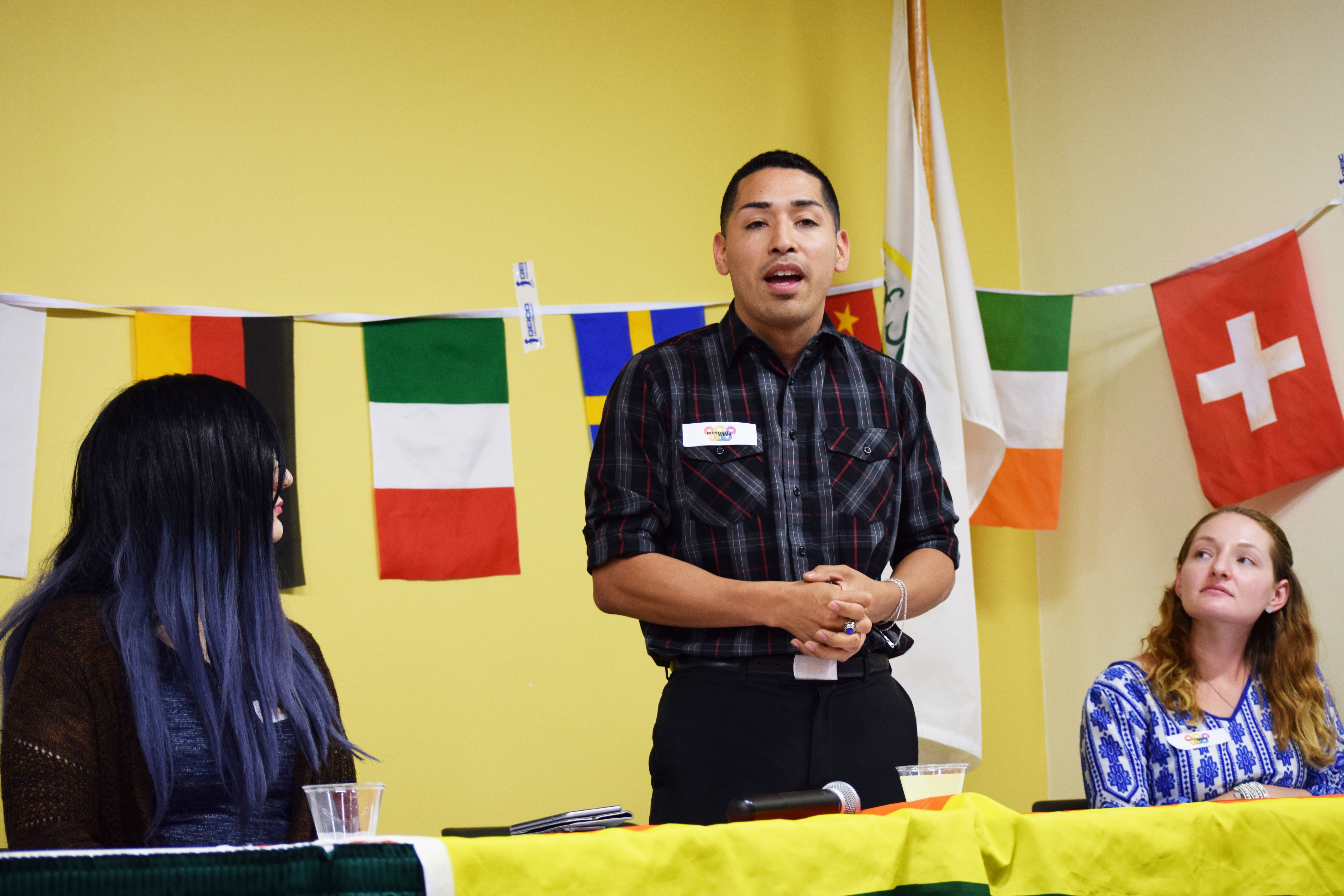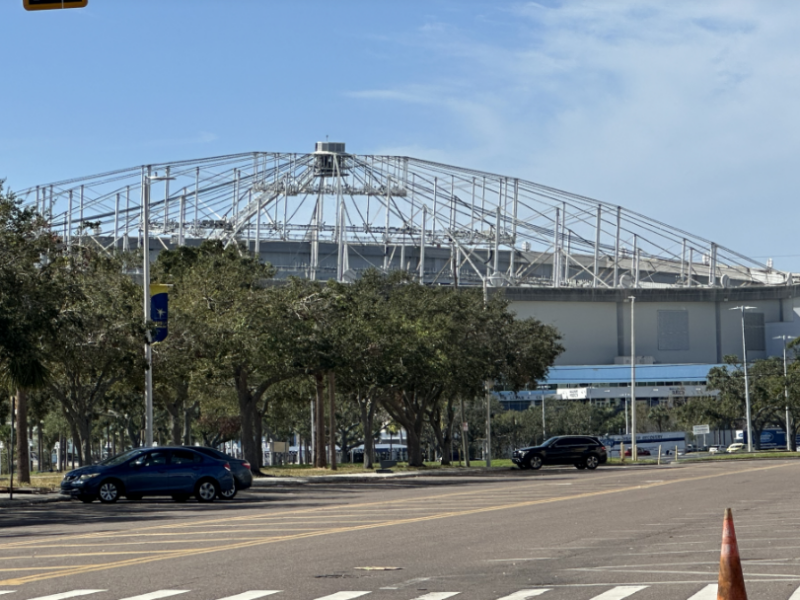By Tiffany Beyer
You might not think a public university in the heart of a city with one of the nation’s largest annual Pride parades would need LGBTQ Ally Training, but according to members of the Office of Multicultural Affairs and the Wellness Center, it does.
Although the LGBTQ community has begun to make its way into the mainstream, we still have a long way to go, according to Victoria Beltran, a health educator at the Wellness Center.
Since 2014, USF St. Petersburg’s Safe Zone Ally training has certified 305 allies. However, less that 15 of those allies were faculty members. This is a problem, according to Beltran.
“Because diversity and inclusion is in our university’s Strategic Plan, it’s really important that we have administrators and faculty become safe zone certified and be shining examples of how to be inclusive and help all members of our USFSP community feel welcome and safe,” she said.
Beltran also said that understanding gender and sexuality discrimination and ignorance is especially important given the current political climate.
“This training helps people understand that gender and sexuality don’t have to be rigid and that we are all humans who deserve the same rights and equal access to education, housing and careers.”
Javier Gonzalez, the coordinator of the Office of Multicultural Affairs, said that the training is vital to help bring basic understanding of marginalized groups, who are always in need of support.
“In order to create some positive change on this campus and in the St. Pete community we need to educate ourselves and others, which can be done with this training,” Gonzalez said.
Gonzalez said he has seen the training positively affect students.
“The most memorable thing that has been shared with me from a student was when they told me how glad they were to see more allies, often distinguished by safe zone buttons or magnets, around campus and how comforting it was for them,” Gonzalez said. “They felt like they could be themselves with little to no fear of judgment and always knew they had someone to talk to.”
The three-hour training sessions occur monthly and go over topics like LGBTQ history, biological sex, gender identity and sexual orientation.
The training also discusses how to be an advocate for the LGBTQ community and how to show support when faced with situations of discrimination or harassment.
“Essentially, we are hoping to make allies feel more empowered to be helpful and effective bystanders and supporters, regardless of whether they are a part of the LGBTQ community or not,” Beltran said.
Members of the Office of Multicultural Affairs and the Wellness Center lead the sessions. The training includes a lecture, activities, videos and a 54-page Safe Zone Ally manual you can take home with you.
After completing the session, participants receive a Safe Zone Ally Certificate.
There are plans to implement an advanced Safe Zone Ally training for those who wish to further their education and for staff at the Wellness Center and the Office of Multicultural Affairs.



